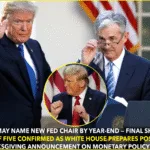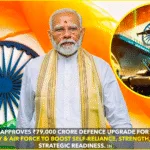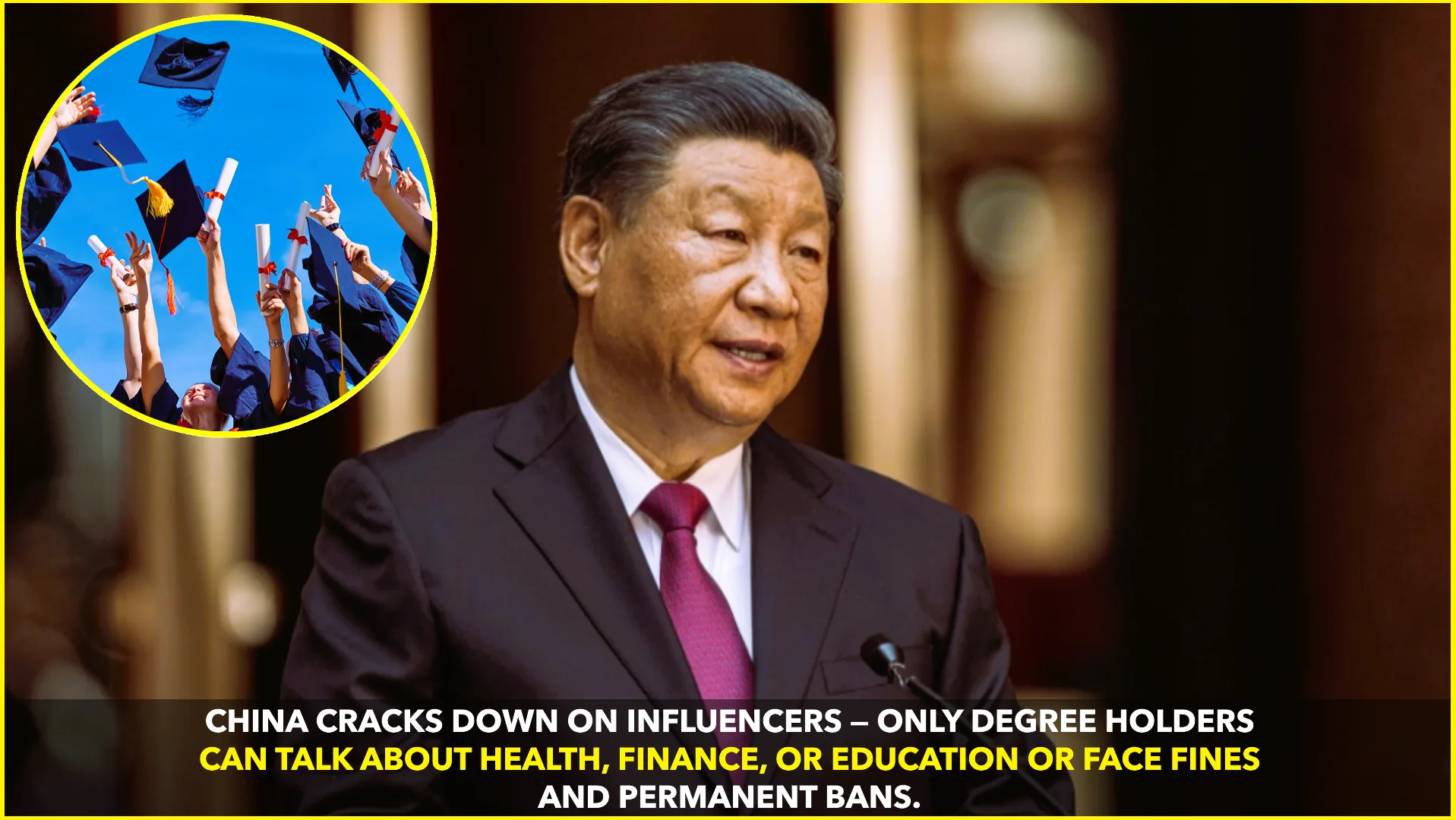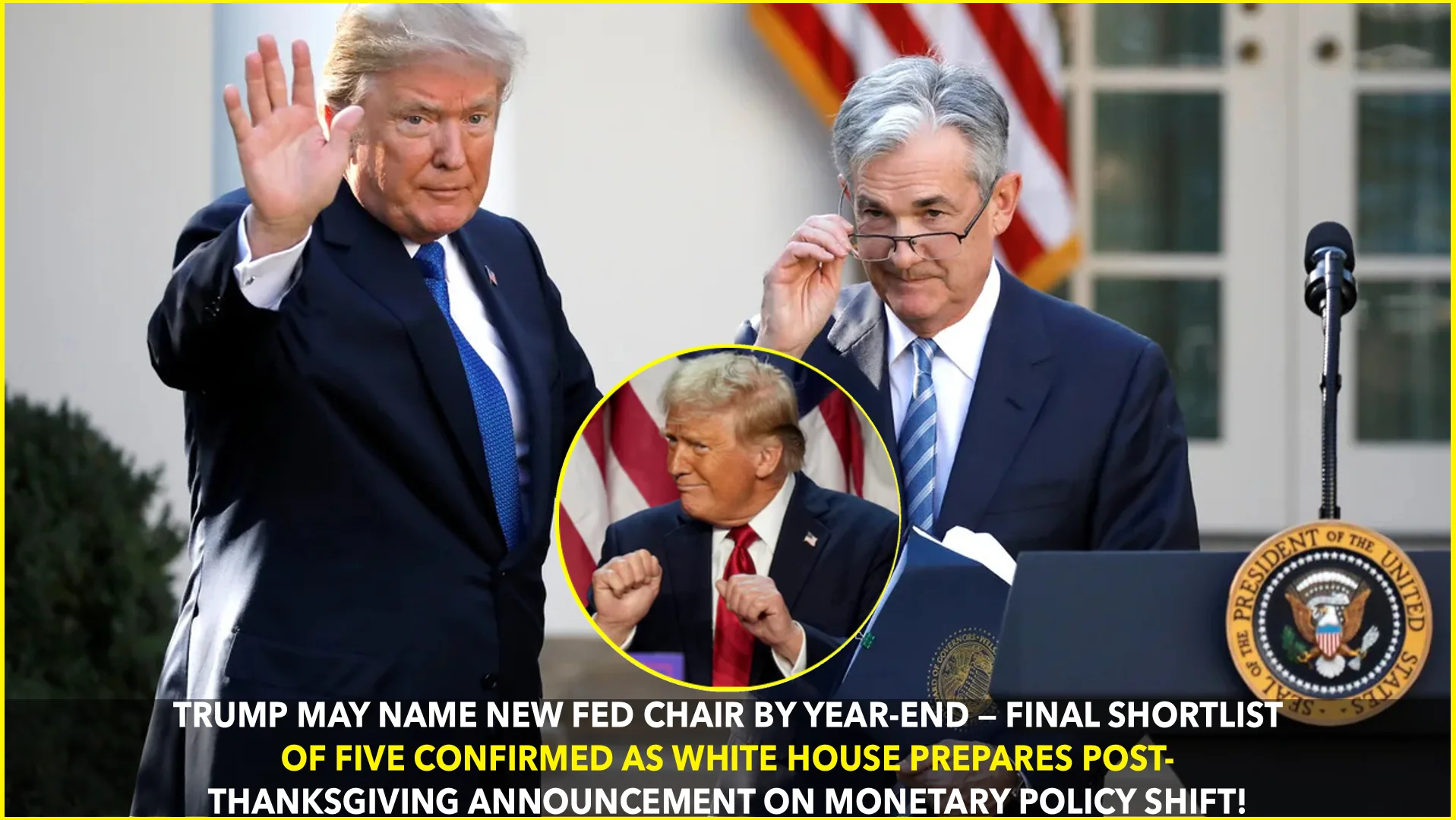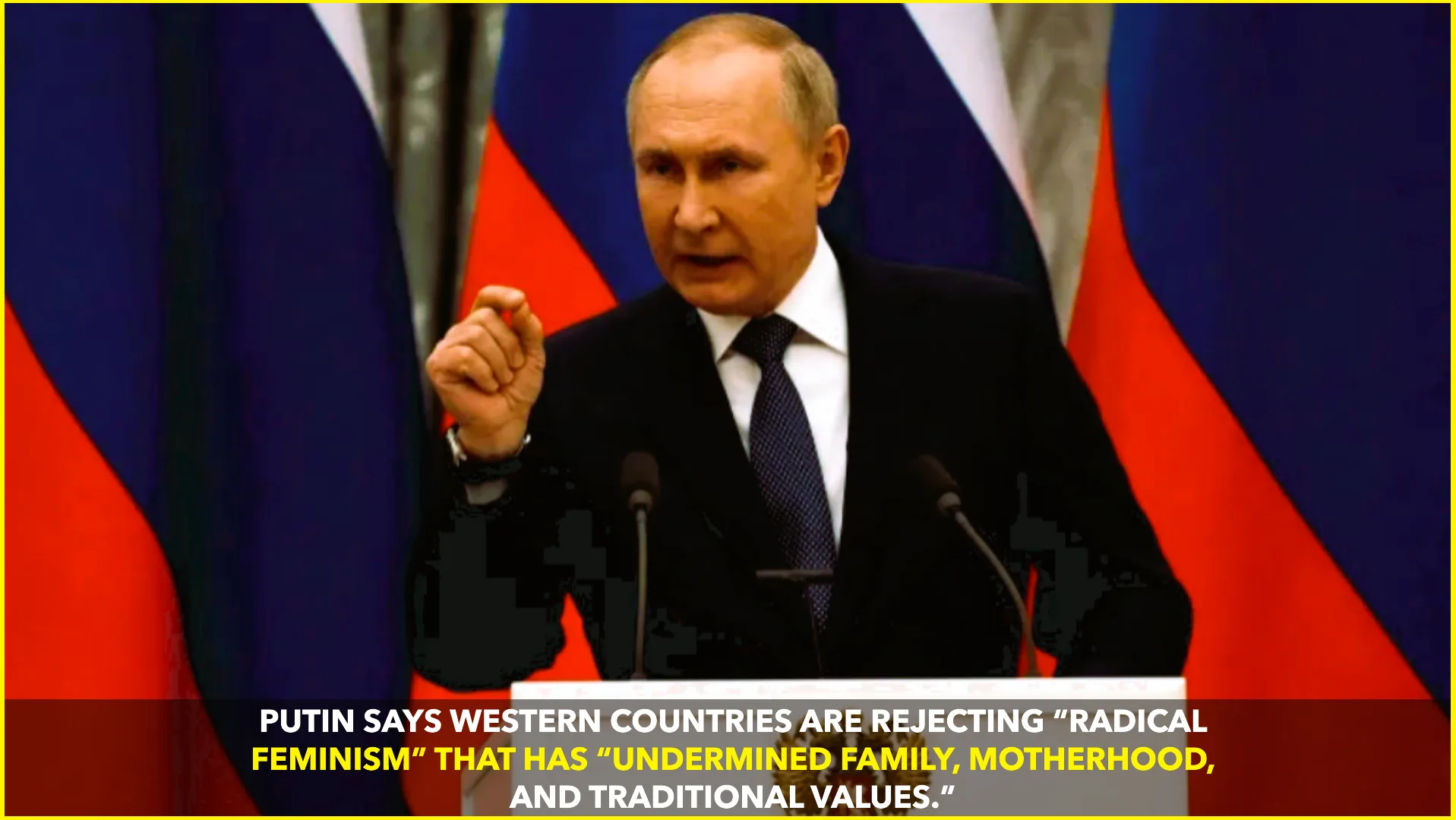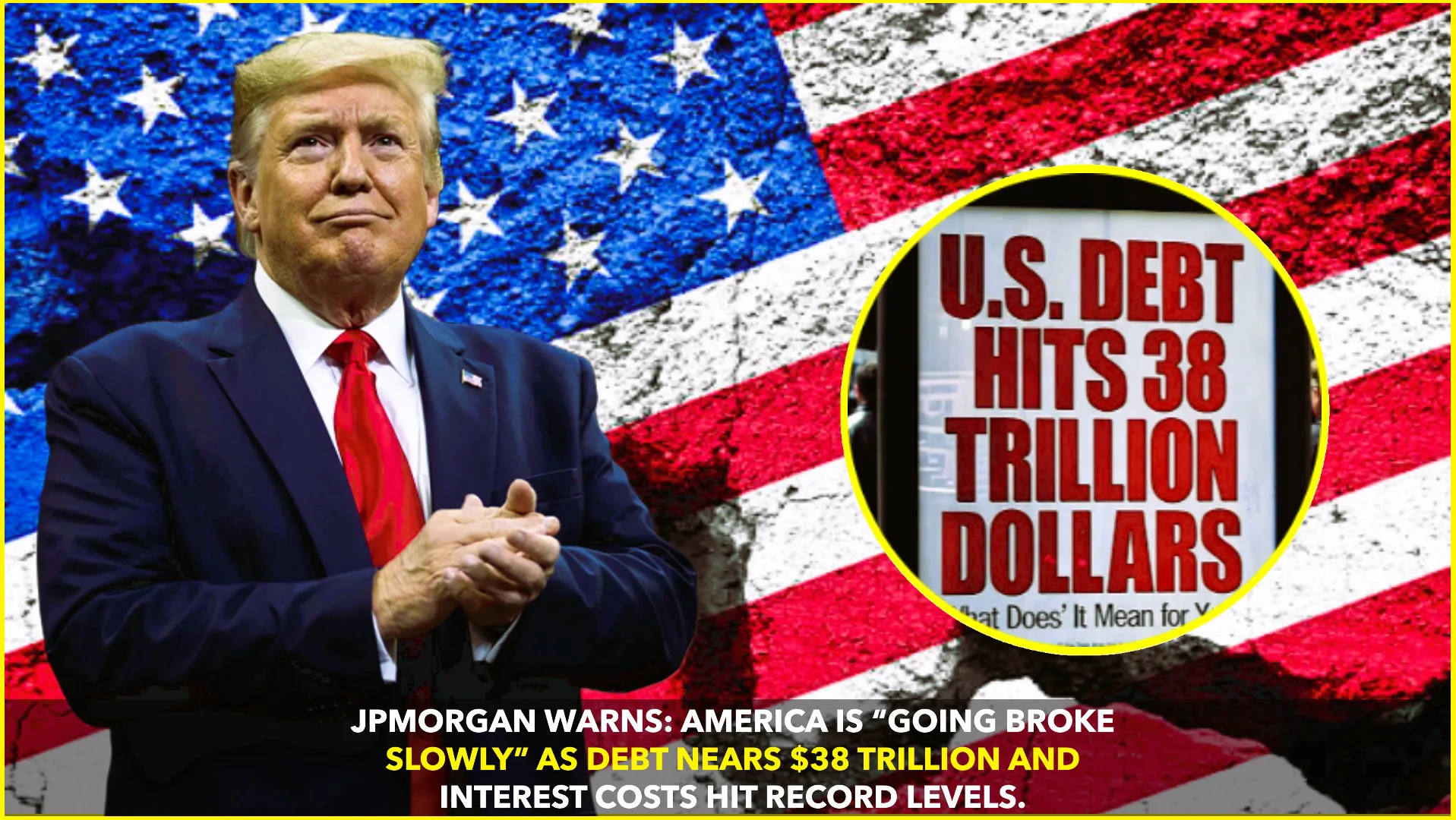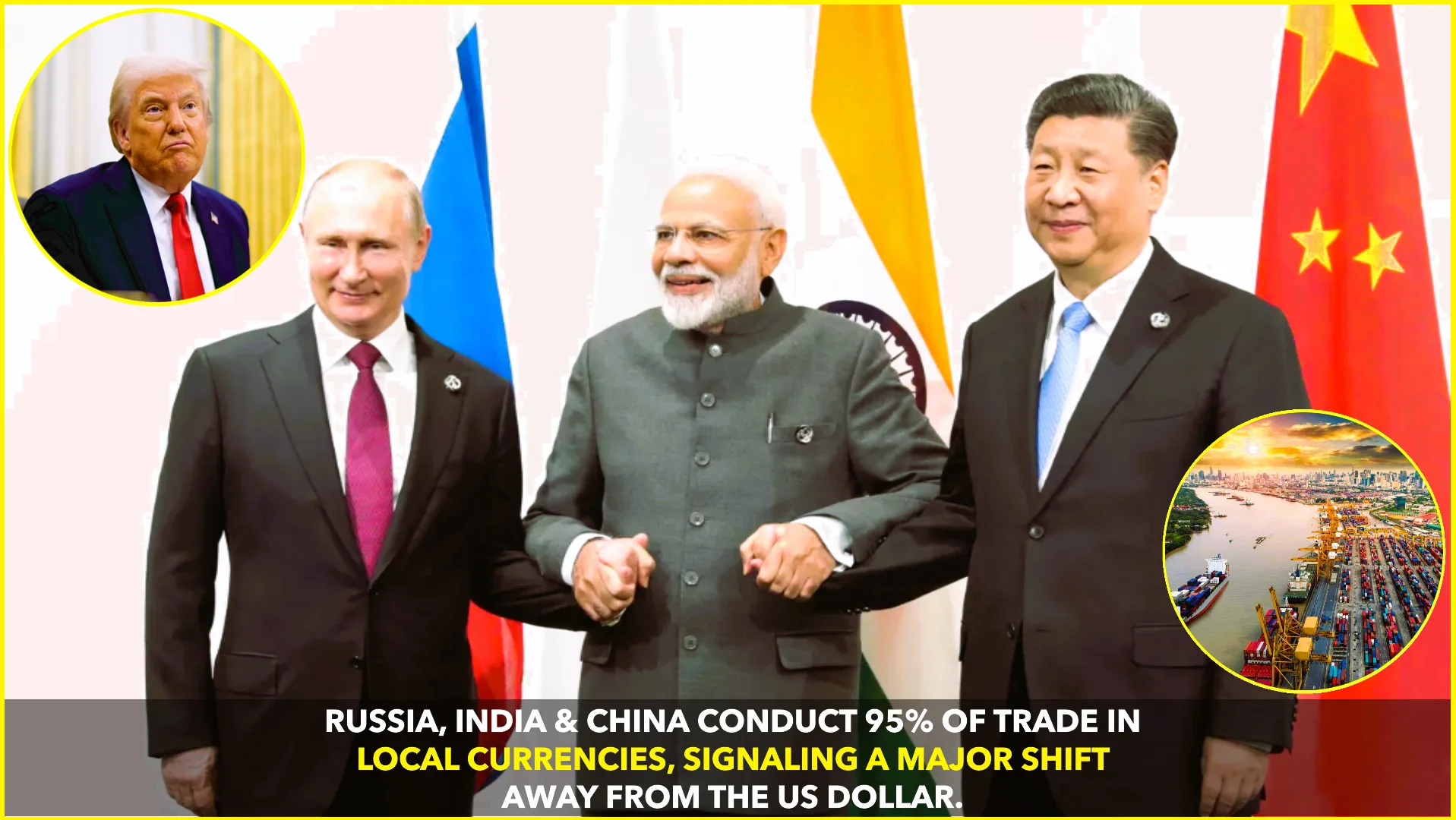China has introduced sweeping new regulations that could reshape its booming influencer economy. Under the latest directive from the Cyberspace Administration of China (CAC), content creators who discuss professional or sensitive topics such as medicine, finance, education, or health must now hold verified university degrees or recognized professional credentials.
The new policy, announced in late October 2025, is part of Beijing’s broader push to tighten control over online information and curb the spread of misinformation. Platforms including Weibo, Douyin (China’s version of TikTok), and Bilibili have been instructed to enforce the new rules immediately.
What the Regulation Says
The CAC’s notice states that only individuals with academic or professional qualifications can create or share commentary in specific fields that impact public well-being. Influencers must submit proof of their credentials for verification by social media platforms before posting such content.
If found in violation, creators could face account suspension, permanent bans, and fines up to ¥100,000 (approximately $14,000). In addition, the new rule also bans unlicensed promotion of products such as medical supplements or investment schemes that require expert knowledge.
According to Mint, the regulation aims to ensure that online information about sensitive subjects remains “accurate, credible, and beneficial to public welfare.” It follows a series of similar measures China has taken in recent years to tighten digital oversight, including real-name registration systems and restrictions on political commentary.
Beijing’s Justification
Authorities argue that the law is designed to combat online misinformation and protect citizens from potentially harmful or false advice. The rise of influencer culture in China has led to an explosion of unverified health claims, get-rich-quick investment tips, and unregulated educational coaching online.
A report by Morocco World News noted that regulators see this move as essential to building a “clean and trustworthy” online environment. By setting educational and professional requirements, the government hopes to ensure only qualified voices shape public understanding of complex subjects.
Critics See Tightening Control
However, not everyone views the regulation positively. Critics argue that the new law could easily be used to stifle free expression and restrict independent voices under the guise of quality control.
As Indy100 highlighted, the requirement for “verified credentials” could silence creators who share valuable lived experiences or practical expertise without holding formal degrees. For instance, financial bloggers or health advocates who gained audiences through experience rather than education may now be barred from contributing.
Opponents also fear the rule gives platforms — and by extension, the state — the power to decide who qualifies as an expert. That could further concentrate information control and suppress critical or alternative viewpoints.
Impact on Platforms and Creators
The rule places a heavy burden on social media platforms, which must now vet influencer credentials, monitor content, and take disciplinary action when needed. Companies like Douyin and Bilibili have reportedly begun implementing stricter identity checks for creators who post educational or advisory videos.
For influencers, the change means a complete overhaul of how they operate. Those without recognized qualifications will have to pivot to non-regulated topics such as entertainment or lifestyle to avoid penalties. Some may also collaborate with certified professionals to maintain credibility and reach.
According to Barlaman Today, these platforms are expected to use AI-driven systems to detect non-compliant content automatically, further increasing government oversight of online speech.
Broader Context
China’s influencer market is enormous — valued at over $20 billion in 2024 — and has played a key role in shaping consumer trends, education, and public opinion. Yet, this sector has also been under consistent scrutiny, with regulators concerned about “toxic trends,” fake endorsements, and misleading expert content.
Earlier this year, Beijing also announced restrictions on “negative or pessimistic” social media content as part of its online governance drive. The influencer regulation, therefore, fits into a larger pattern of digital centralization — consolidating state authority over who can speak and what can be said online.
A Global Ripple Effect?
China’s move could influence other countries struggling to manage misinformation in the digital age. While some experts say credential verification is a logical step toward accountability, others warn it risks undermining the open, democratized nature of social media that made influencer culture thrive.
For creators worldwide, this regulation sends a clear message: authority and expertise are no longer self-proclaimed — they must be proven.




